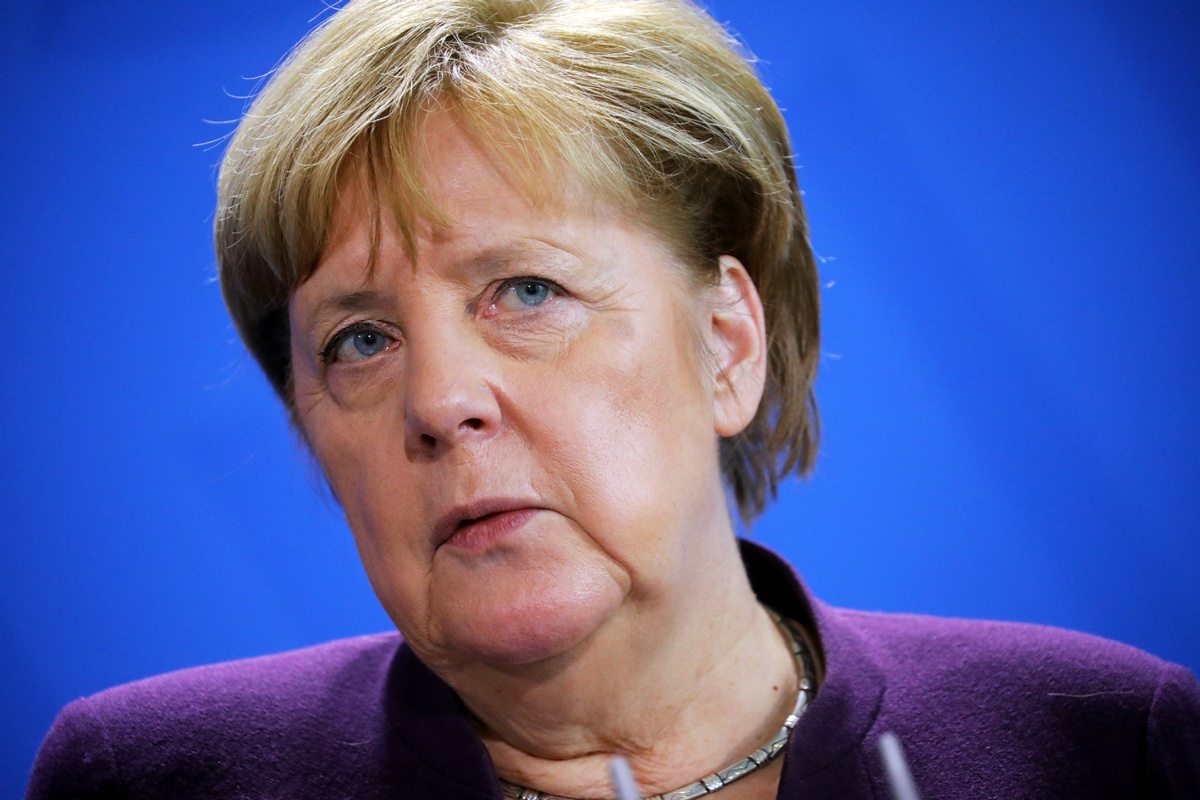Germany tops world surplus table


A report by the influential Ifo economic institute has revealed that Germany has maintained the world's largest current account surplus for the fourth consecutive year.
The figure of $293 billion dollars is made up of the flow of goods, investments, and services through the country during the course of the year, with Japan having the next highest figure of $194 billion. For many years, Germany has been criticized for not doing more to encourage domestic demand and imports, as a way of evening out global trade.
"Stronger exports to the United States due to the stronger depreciation of the euro and increased exports to the United Kingdom, where demand recovered somewhat, saw total German exports rise sharply again in the second half of the year," said Ifo economist Christian Grimme.
"By contrast, imports expanded very weakly in the summer half of 2019-the ongoing industrial recession in Germany severely curbed imports of intermediate goods."
In January, the German government announced that last year it had its biggest surplus since the reunification of the former East and West Germanys in 1990.
United States President Donald Trump has been a frequent critic of Germany's export strength, fueled by industries such as its strong automobile sector, which is key to the size of the surplus, but despite criticism of her fiscal policy Chancellor Angela Merkel has so far remained defiant.
"We are proud of our cars and so we should be," she said last year, pointing out that many German cars were built in the United States and exported to China.
However, Merkel, who has already announced she will not seek another term as chancellor when her current stint comes to an end in 2021, could find her Christian Democratic Union, or CDU, on a collision course with its government coalition partners the Social Democratic Party, or SPD, about what to do with the surplus.
The left-of-center SPD wants more spending on public services and social projects, while the center-right CDU favors tax cuts.
"Short-term stimulus is still not really needed" in Germany, said ING Chief Economist Carsten Brzeski. "Instead, the surplus should be used to step up investment efforts in the well-known sectors: digitalization, infrastructure and education."
Norbert Walter-Borjans and Saskia Esken were recently appointed the new joint-leaders of the SPD, and have indicated their willingness to bring down the coalition government unless Merkel agrees to some of their demands in a renegotiation of the current support deal.
Perhaps with this in mind, last month the German government announced it would spend 62 billion euros ($68.5 billion) on upgrading the country's railway network, which would be a smart tactical move both as a public works project, and also because of its environmental impact, encouraging wider use of public transport, say experts.



































